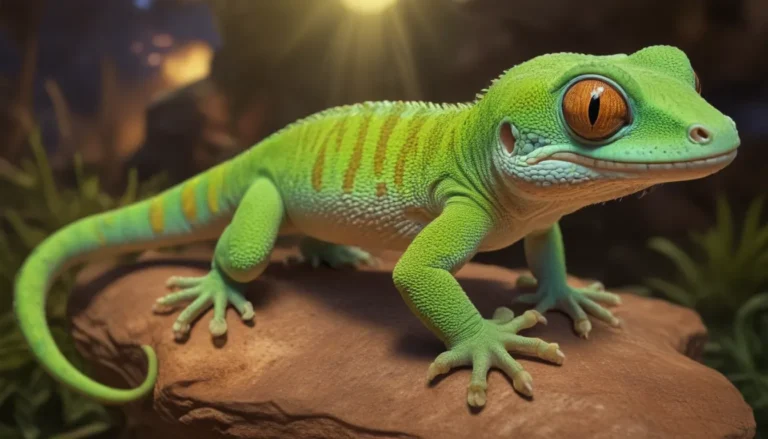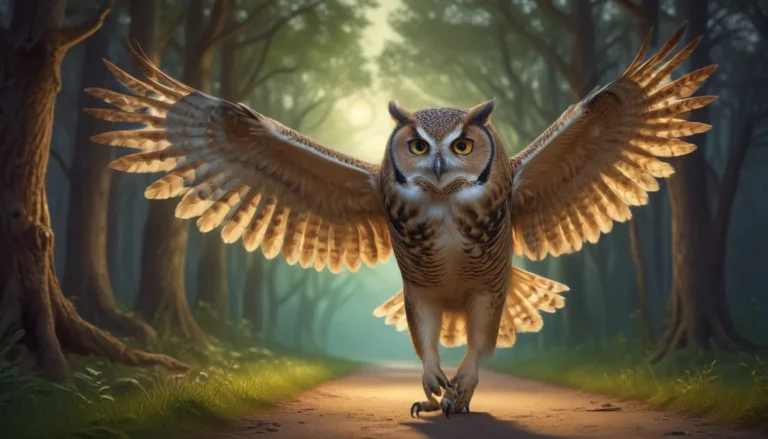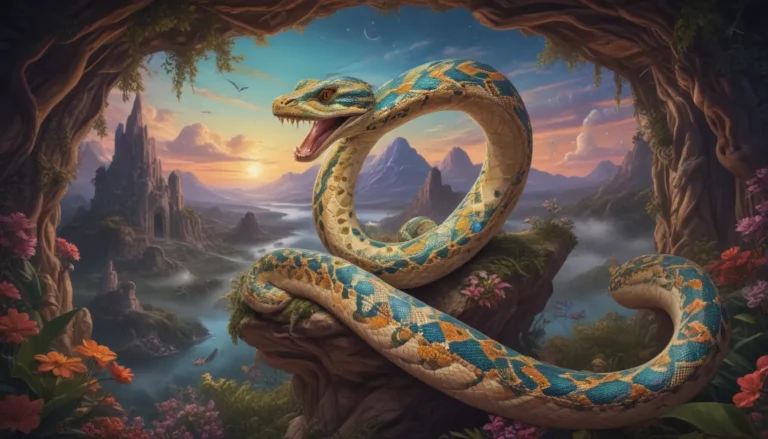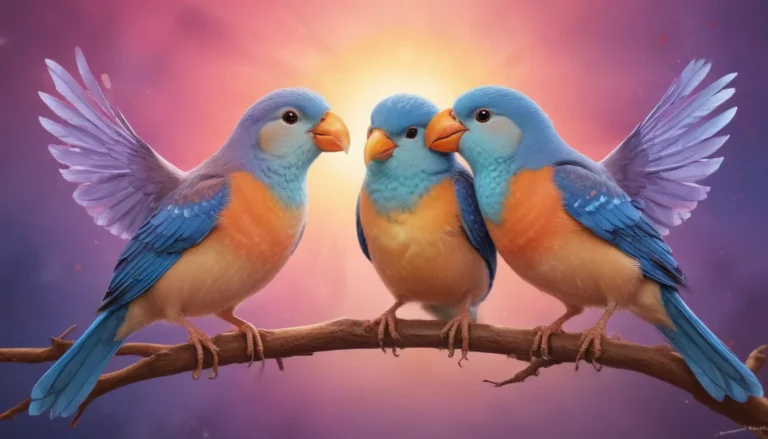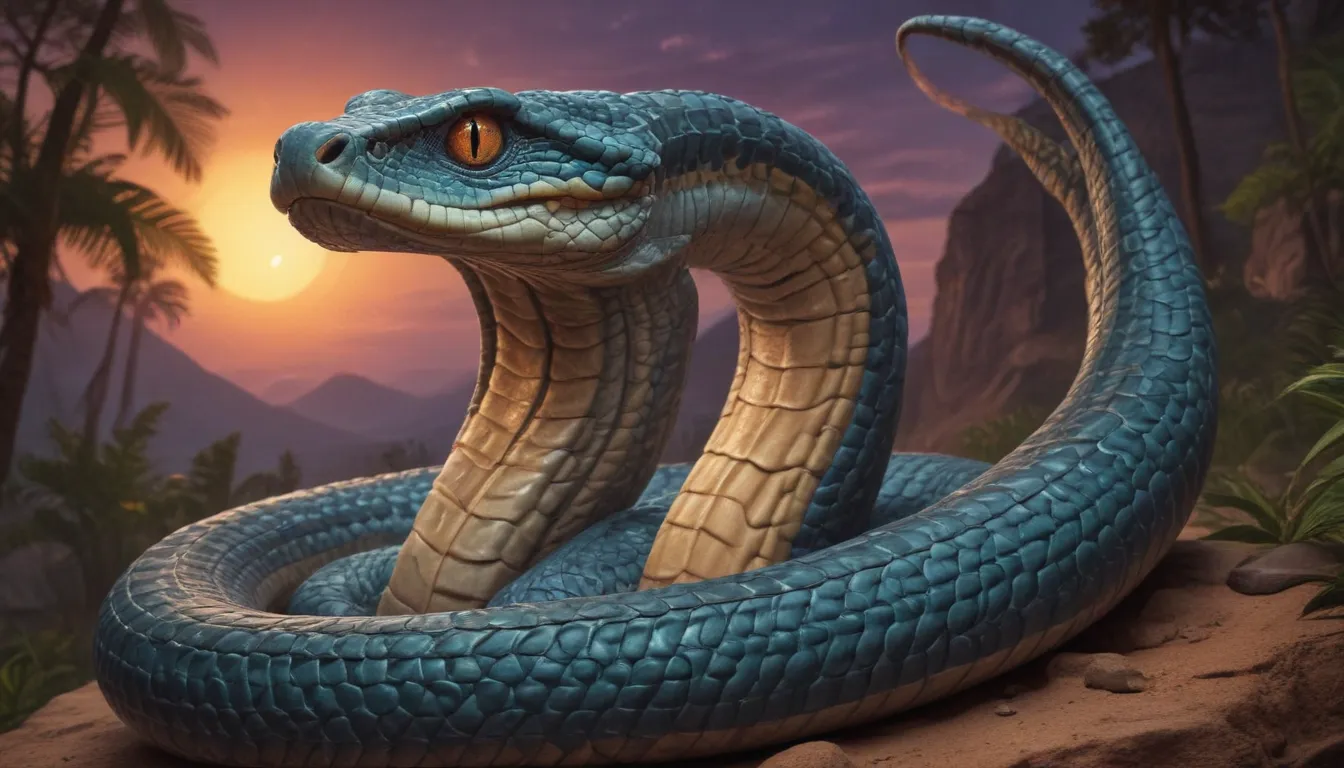
Introduction
The cobra is an iconic symbol across various cultures and spiritual practices, often associated with wisdom, protection, transformation, and change. This reptile has been revered for its striking appearance and unique abilities, inspiring countless works of art, mythology, and folklore throughout history. In this guide, we will delve into the spiritual meaning of a cobra, exploring its significance in different religious traditions, as well as how it can serve as a powerful symbol on your personal journey towards self-discovery and growth.
The Cobra in Ancient Egypt
The cobra is one of the most significant symbols in ancient Egyptian culture, often depicted as a royal emblem. It was associated with both the goddess Wadjet, the patron deity of Lower Egypt, and the pharaohs themselves. As a solar deity, the cobra represented the sun’s power, heat, and energy. When shown on the forehead of Egyptian statues or carvings, it served as a symbol of protection for the living and the deceased.
In funerary contexts, the cobra represented the goddess Meretseger, who protected and guided souls through the afterlife. This connection to spiritual transformation made the cobra an important symbol in ancient Egyptian beliefs about rebirth and resurrection. The serpent’s shedding of its skin each year was also seen as a powerful reminder of this process and the ongoing cycle of life and death.
The Cobra in Hinduism
In Hindu mythology, the cobra is closely associated with Lord Shiva, the god of destruction and transformation. Known as “Nagaraja,” or the king of serpents, he often carries a coiled cobra around his neck, symbolizing both protection and power. The cobra’s shedding of its skin represents the cyclical nature of life, death, and rebirth in Hindu belief systems.
Cobras also feature prominently in the stories surrounding other deities, such as Vishnu, who is said to have taken the form of a cobra during the churning of the cosmic ocean to protect his wife, Lakshmi. In addition, the goddess Manasa is often depicted alongside cobras, embodying both their protective and dangerous aspects.
The Cobra in Chinese Culture
In Chinese culture, the snake or serpent (including the cobra) is a symbol of potent energy, transformation, and immortality. In traditional Chinese medicine, the snake is believed to possess powerful healing properties, and its image often appears in herbal remedies and medical texts. The snake’s ability to shed its skin and emerge reborn represents the concept of continual renewal and regeneration, which is central to many forms of Eastern philosophy and spirituality.
The Cobra in Christianity
Although not as prominent as in other religious traditions, cobras do appear in Christian art and symbolism. In some early Christian frescoes, the serpent is depicted as a symbol of temptation and sin, drawing on the biblical story of Adam and Eve. However, in later periods, the cobra came to represent wisdom and spiritual insight, often appearing alongside figures like Jesus Christ or the apostles. This shift reflects the ongoing evolution of Christian symbols and their interpretation over time.
The Cobra as a Spiritual Symbol Today
Today, the cobra continues to serve as a powerful symbol in various spiritual practices and personal growth journeys. For many people, it represents transformation, rebirth, and the courage to face one’s fears or challenges head-on. The cobra’s ability to strike quickly and decisively also embodies the importance of acting with clarity and purpose when faced with difficult situations.
In meditation and visualization exercises, the cobra can be a useful tool for exploring themes of protection, power, and personal growth. By connecting with the energy and symbolism of this ancient creature, we may gain new insights into our own spiritual paths and the challenges we face along the way.
Conclusion
The spiritual meaning of the cobra is rich and diverse, reflecting its significance in various religious traditions and cultures throughout history. Whether it represents protection, transformation, wisdom, or any number of other qualities, this iconic symbol continues to inspire and enlighten those who seek a deeper understanding of the world around them. By exploring the cobra’s many facets and associations, we can gain valuable insights into our own spiritual journeys and the power of symbols in shaping our beliefs and experiences.


